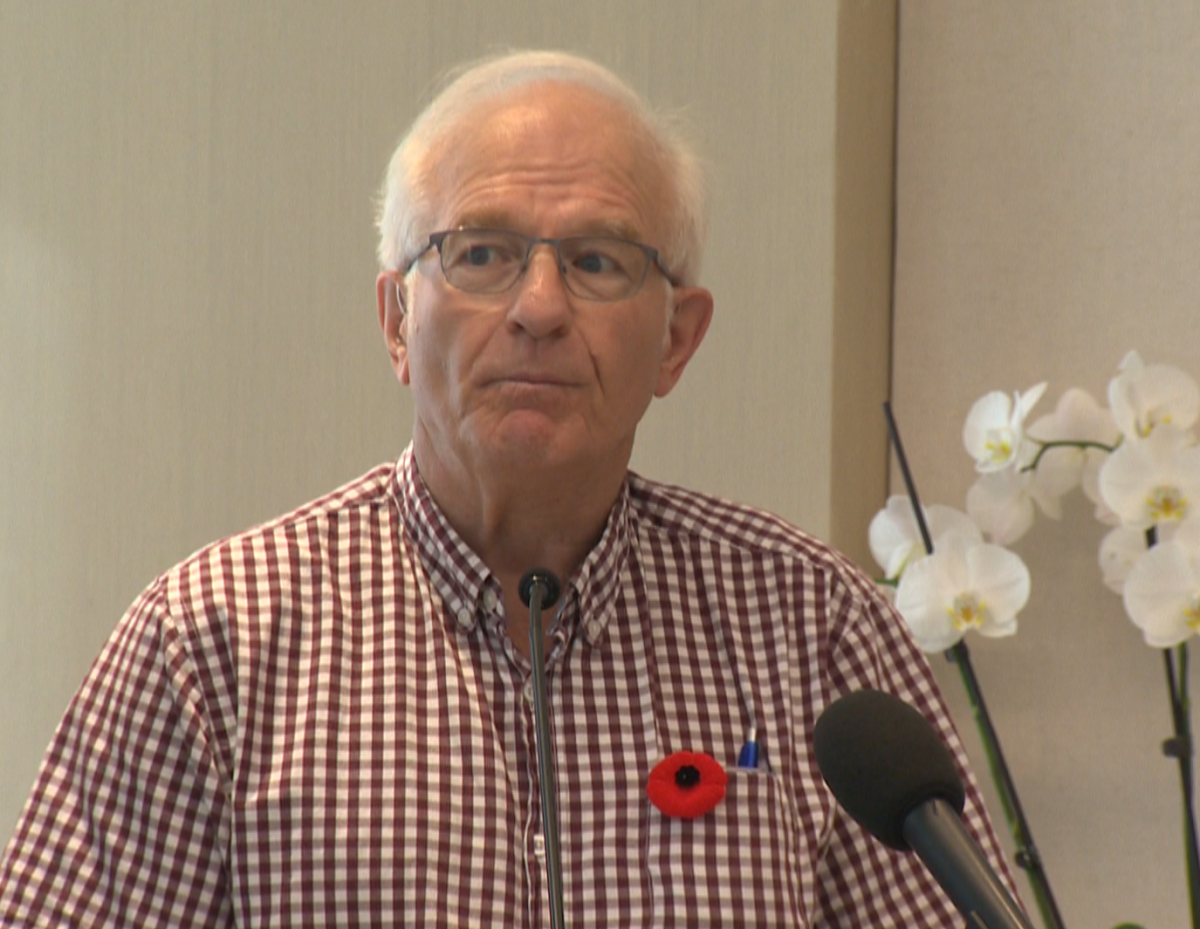A law firm representing a little over half of the 75 remaining fishermen in the Maritimes with Class B licences is taking the federal government to court for a second time.

Class B licences were created in 1976 by the federal government with the goal of reducing fishing in the name of conservation.
They were assigned to fishermen who had another primary source of income, and can’t be reassigned or sold.
Class B licences only allow for 30 per cent of the fishing that Class A licences allow.
Donald Publicover, 71, of Nova Scotia wants the ability to sell or transfer his licence to ensure financial stability for his family, which includes two adult children with cerebral palsy.
“Once the Class B licence holders like myself pass on, it’s done. If I pass on today, my family doesn’t have anything. And they, if they could have it, they could use it, sell it, whatever they want to do. All we’re asking for is permission to sell the licence,” he said at a press conference on Wednesday.
Michel Samson, a lawyer for Cox and Palmer, told Global News in an interview that some of the fishermen he represents have already received generous offers for their licences.

Get breaking National news
“Even at 30 per cent of the number of traps, it can be anywhere from 75 to 90 traps. With the way the lobster fishery is going now, there’s a lot of value there,” Samson said.
“So we have clients who have received offers anywhere from $250,000 to $300,000.”
In December 2021, a judge ruled in favour of Publicover in a judicial review of previous Department of Fisheries and Oceans minister Bernadette Jordan’s decision to deny him an exemption which would allow him to sell his licence.
The judge said Jordan’s decision was “not intelligible or justified.”
Current Fisheries and Oceans minister Joyce Murray refused Publicover’s renewed request to sell his licence in July.
Publicover is once again asking for a judicial review of that decision.
“There will be no impact on the fishery, and her claim that this will have an impact on the fishery is ridiculous. I expect the federal court will once again find this to be unreasonable,” Samson said, adding that time is of the essence because the licence holders are in their 70s, 80s and 90s.
In a written response e-mailed to Global News on Wednesday evening, a spokesperson for the Department of Fisheries and Oceans said: “This policy was an accommodation that enabled access to the fishery to those with historic ties while contributing to DFO’s environmental, social, cultural and economic objectives, including the long-term sustainability of the lobster populations and fishery.
“DFO has no plans to revisit the policy in relation to category B lobster licences at this time.”








Comments
Want to discuss? Please read our Commenting Policy first.